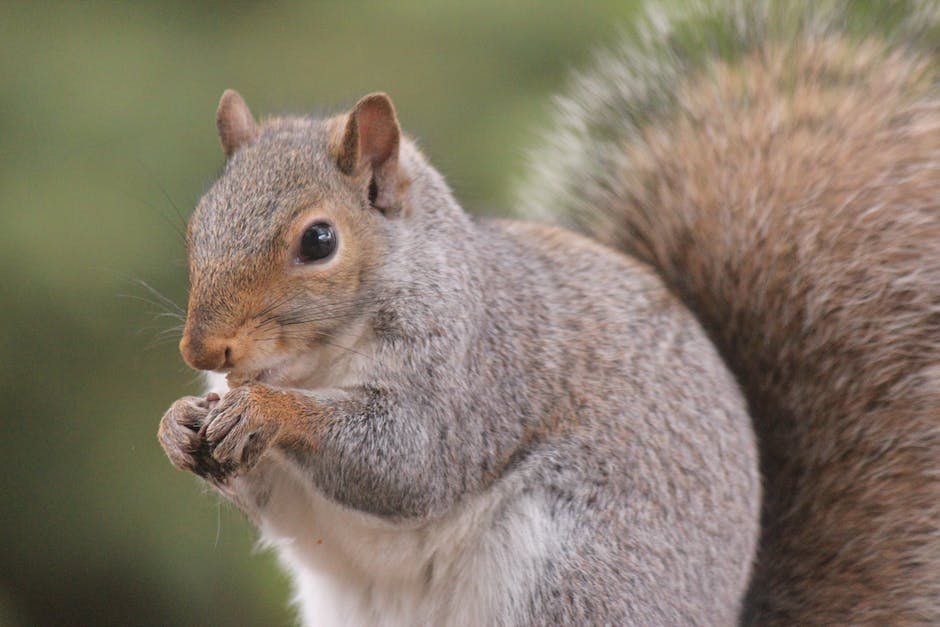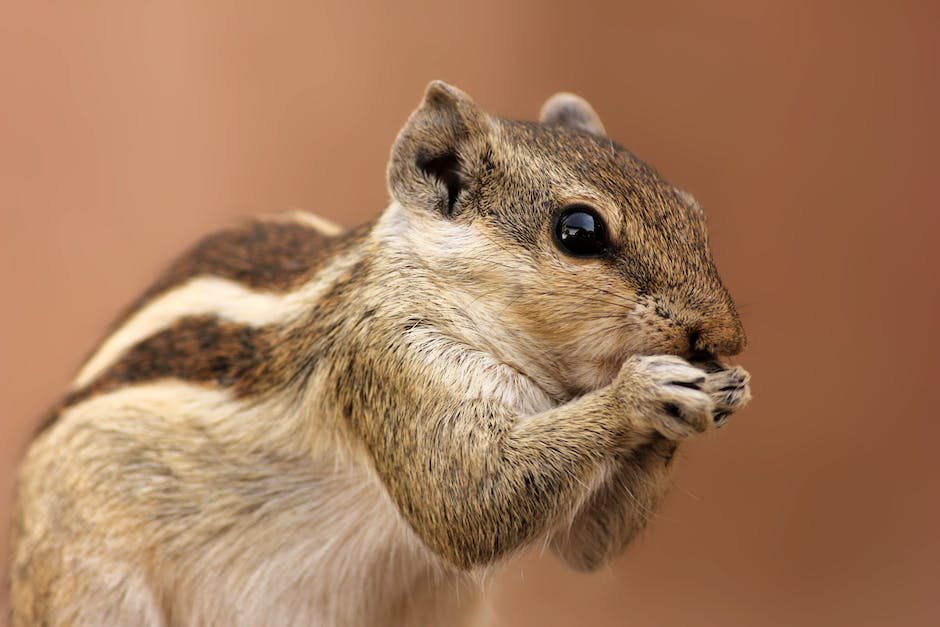Contents
The chipmunk animal is a small, striped rodent that is found in North America. These animals are known for their distinctive chirping call, which they use to communicate with other chipmunks. Chipmunks are shy animals that typically live in forests or woodlands. These creatures are excellent climbers and are often seen scaling trees in search of food.
A chipmunk is a small, striped rodent that is found in North America. Chipmunks are known for their large cheek pouches, which they use to store food. These animals are also known for their high-pitched, chattering calls.
What kind of animal is a chipmunk?
Chipmunks are small, striped rodents that are closely related to squirrels. There are 25 species of chipmunk, 24 of which live in North America. Chipmunks are relatively small, with alternating light and dark stripes along their cheeks and backs. While they look similar to their bushy-tailed cousins, chipmunks are actually smaller.
Chipmunks are small, brown-striped rodents that are part of the squirrel family. They’re found throughout North America and are known for their playful nature, large cheeks, and love of storing food.
While chipmunks are mostly harmless, they can be pests if they eat your plants or dig up your garden. They can also carry diseases or cause structural damage.
If you’re dealing with a chipmunk problem, there are a few things you can do to get rid of them safely and humanely. You can also take steps to protect your home and lawn from chipmunks moving back in.
Are chipmunks rats or squirrels
Chipmunks are small, burrowing squirrels that are found in North America. There are 21 different species of chipmunks, and they are all part of the squirrel family (Sciuridae). Chipmunks are known for their large cheek pouches, which they use to store food. These cheek pouches can hold up to two tablespoons of food!
Chipmunks are small, striped rodents that are found in North America. They are known for their love of nuts and seeds, which they often store in their cheek pouches to take back to their burrows.
Chipmunks play an important role in the dispersal of plant and fungi seeds. When they feed on these organisms, they help to spread the seeds around. This is beneficial for the plants and fungi, as it helps them to propagate and grow.
Burrowing by chipmunks also helps to aerate and recycle soil. This is because they dig tunnels underground, which allows air and water to circulate. This can be beneficial for plant growth.
Chipmunks are most active in the early morning and late afternoon. This is when they are typically seen foraging for food.
Are chipmunks friendly to humans?
Wild chipmunks are not friendly towards humans because they are afraid of almost everything due to their tiny size.
Chipmunks are small, timid animals that are not typically aggressive. However, if they feel threatened, they may scratch or bite in self-defense. If you encounter a chipmunk, it is best to give it space and not corner it.
Should you remove chipmunks?
There is no need to kill chipmunks if they are in your yard. Some people believe that these animals cause damage by tunneling under walkways and in the yard, but there is no evidence to support this claim. In fact, chipmunks are generally harmless creatures that can add to the enjoyment of your yard. If you do have concerns about their impact on your property, you can always contact a wildlife control business to have them trapped and removed.
Swelling, redness, oozing, and fever are all symptoms of infection, and while chipmunks rarely carry rabies, it is still a possibility. Another rare outcome from a chipmunk bite is tetanus, but this is preventable through vaccination.
Is it good to have chipmunks in your yard
Chipmunks are natural diggers, and a chipmunk family can do extensive damage to plant roots in your garden. While chipmunks love to munch on your fruits, bulbs and young plants, it’s their burrowing activities that can cause the most serious issues on your property.Chipmunks burrow underground, often causing damage to the roots of your plants. This can result in your plants becoming unhealthy or even dying. If you have a problem with chipmunks on your property, there are a few things you can do to try to control them.
Chipmunks have powerful teeth that enable them to chew through a variety of materials. This includes wood, walls, plastic, insulation, electrical wires, and even the siding of your house. While they may not be able to eat all of these materials, they can certainly damage them with their chewing. Therefore, it’s important to be aware of what surrounds your home and to take steps to protect it from these playful (but destructive) little creatures.
Do chipmunks get into houses?
While chipmunks are mostly harmless, they can become a nuisance if they find their way into your home. It’s not uncommon for them to squeeze through gaps in window frames or foundations, dash through screen doors, or even dig into your crawl space. If you suspect you have a chipmunk in your home, try to identify where it’s getting in and block off the opening. If you can’t find the opening, you may need to call in a professional to help get rid of the critter.
Acorns, hickory nuts, cherry seeds, serviceberries, raspberries, mushrooms, dogwood seeds, corn and plant bulbs are favorite food items for these animals. They will also eat birds’ eggs, insects, snails and occasionally mice and young birds.
What attracts chipmunks to your yard
If you are having trouble with chipmunks raiding your bird feeders, there are a few things you can do to try to deter them. First, regularly clean up any spilled seed around the feeders. This will remove any potential food sources that may be attracting them. Secondly, you can choose to use a type of seed that chipmunks (and squirrels) are not attracted to, such as thistle. By making your feeders less appealing to them, you may be able to keep them away.
Chipmunks are attracted to areas where food is easy to find. This includes bird feeders, feed bags, pet food, and garbage. If you have a chipmunk problem, it’s important to remove any food sources that are easily accessible to them.
Do chipmunks keep mice away?
A chipmunk can be a fun and interesting pet to have in your home. They are also very useful for keeping away unwanted pests like mice and rats. If you are thinking about getting a chipmunk, be sure to do your research so that you can provide them with the best possible care.
Chipmunks can cause serious damage to structures and buildings if they are present in large numbers. They are known to burrow under patios, stairs, retention walls, and foundations, which can cause serious damage to these structures. Additionally, their burrows can damage pool liners and the act of digging may undermine retaining walls and cause them to collapse. If you have a chipmunk problem, it is best to contact a professional pest control company to get rid of them before they cause serious damage to your property.
Should you touch chipmunks
If you come across a chipmunk on your property, it is best to leave it alone. Although they are not aggressive by nature, they may bite or scratch if they feel threatened. Additionally, chipmunks can carry diseases such as plague and rabies, so it is not worth the risk to try to remove them yourself. If you are concerned about the chipmunk, you can contact a local wildlife control company to have them removed safely.
Chipmunks are cute and small animals that are found in North America. Although they are small, chipmunks have a very sharp memory. They can remember humans and can recognize the people that can be trusted as a source of food. Their memory is evident in studies where they were able to navigate a maze. However, chipmunks are not social and friendly. They would not even make a good pet and always try to stay hidden.
What do chipmunks hate the most
According to many sources, chipmunks do not like pepper, garlic, or mint. One way to deter them is to sprinkle cayenne pepper and garlic into garden beds and pots, repeating every few days in hot, humid weather. Another way to create a hostile environment for their ears is to alternately blare music, set your phone to obnoxious alarm sounds, or use sound-emitting devices.
Chipmunks can be a pest because they can cause damage due to their burrowing activities. They can cause structural damage to decks, patios, foundational walls, retention walls, and slabs. Chipmunks can also carry fleas to and from your yard.
Do chipmunks hide in houses
If you have a chipmunk problem inside your house, the Humane Society suggests that the chipmunk simply needs a way to escape and is not looking to stay inside. These rodents tend to stay outside but can find their way indoors occasionally. Take some time to block any openings that the chipmunk may be using to get into your home.
If you’re looking to keep rodents out of your yard, Schoenberg recommends using deterrents like hot cayenne, garlic, apple cider, peppermint, or coffee grounds. Coffee grounds are especially effective around acid-loving plants.
Conclusion
Chipmunks are small, striped rodents native to North America. There are 25 different species of chipmunks, ranging in size from 4 to 8 inches long. Chipmunks have reddish-brown fur on their backs and light-colored fur on their bellies. They have long, bushy tails and small, sharp claws. Chipmunks are active during the day and spend most of their time in trees. They eat a variety of nuts, seeds, and insects.
Animals are multicellular, eukaryotic organisms of the kingdom Animalia that derive from their ancestors a lineage of lineage of unicellular eukaryotes.

0 Comments